Moonee’s adventures revolve around The Magic Castle, the extended-stay motel she and her single mother Halley (Bria Vinaite) call “home.” Despite the pastel purple paint job, The Magic Castle is a dump, shrouding the troubles of an economically unstable region behind it’s closed doors. “The man in there gets arrested a lot,” Moonee casually details as she gives a tour of the motel’s many rooms to her friends for the day. In another scene, Moonee and her friends watch as lost newlyweds learn they booked a stay at The Magic Castle instead of the similarly-named Magic Kingdom of Disney, and the couple express their shock of the setting as if it’s the most abominable place they’ve ever seen. The phrase Baker has used to describe the motel’s community is the “hidden homeless.” These residents aren’t living on the street, but they’re not far from it either.
“You know why this is my favorite tree? ‘Cause it tipped over, but it’s still growing,” Moonee explains to her friend Jancey on one of their adventures where they share strawberry jam sandwiches and sit in trees. In spite of their situation, the children always make the best of it by spending their summer days spitting on cars or taking long strolls to the local Twistee Treat. Cinematographer Alexis Zabe perfectly composes her shots to frame the children walking amongst the novelty shops that populate Highway 192, as buildings shaped like half an orange or signs that proclaim “MACHINE GUN AMERICA” provide more than just backdrop to their everyday lives. Scenes hold on the kids lapping up ice cream in the hot sun, twerking and yelling obscenities they don’t understand, and the unbridled joy is rarely portrayed as effectively and as modern as it is here.
The best part of The Florida Project lies in the juxtaposition of these children and their setting, where society happens. We are a society that turns our cheek to the homeless asking for help, we say “no” to the cashier who asks if we’d like to round up for charity, we actively look past Moonee’s living situation and struggling mother to admire her bright outlook on life, despite how loud and colorful that setting establishes itself. Kissimmee, FL is just a glance at the marginalized communities that exist all over America and the systems put in place to keep them that way. Baker excellently faces the audience with this reality, to the point where I found myself purposely looking away from the screen even during scenes where nothing happens because I couldn’t help but feel so bad. That Baker is able to evoke such empathy is what makes The Florida Project an essential watch.
Grade: A-
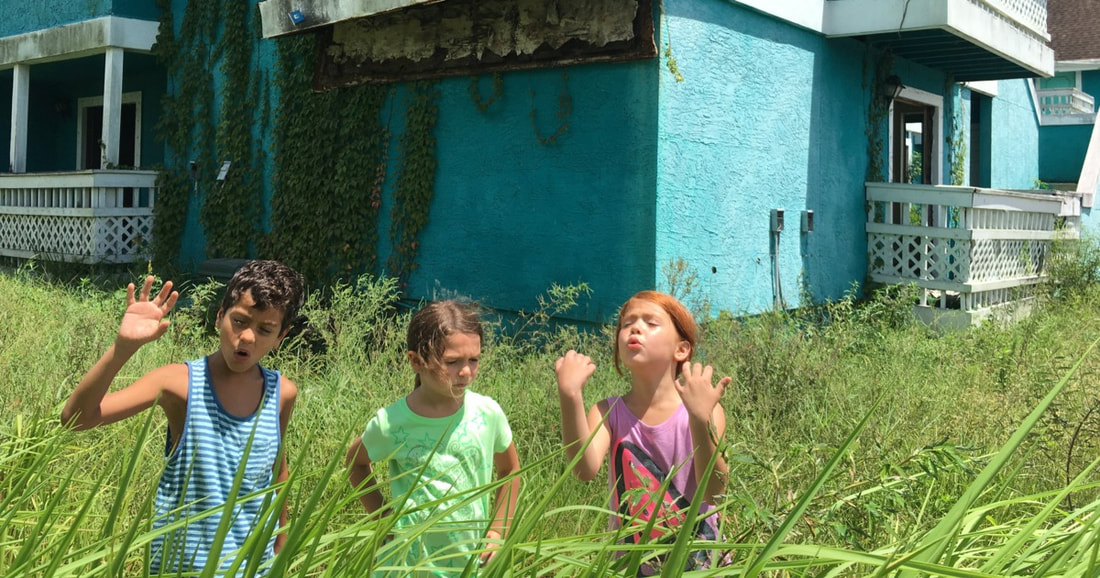
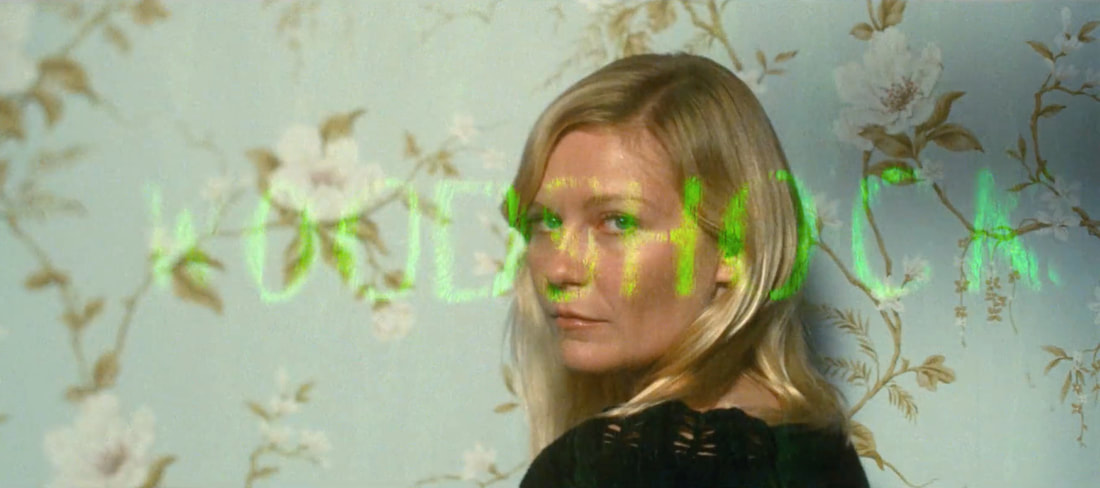
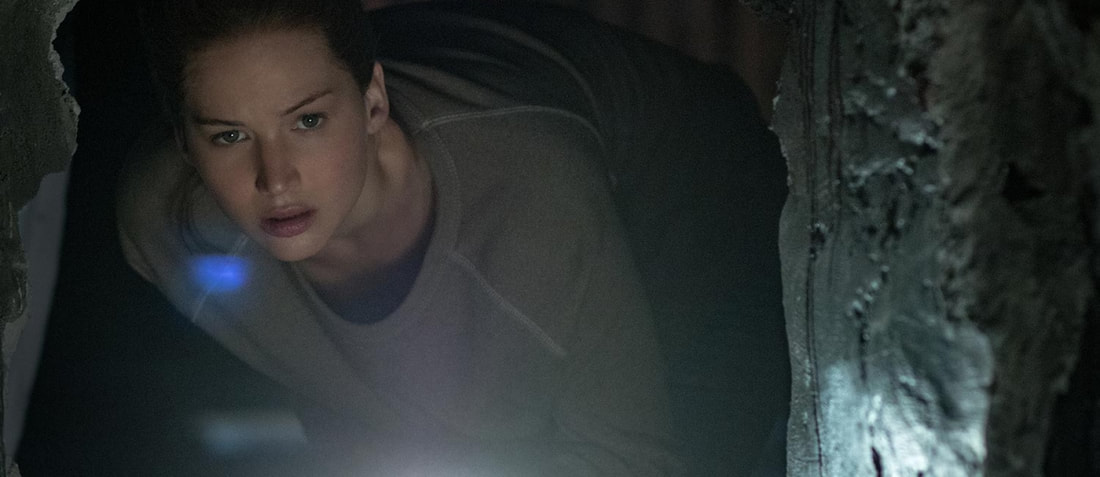
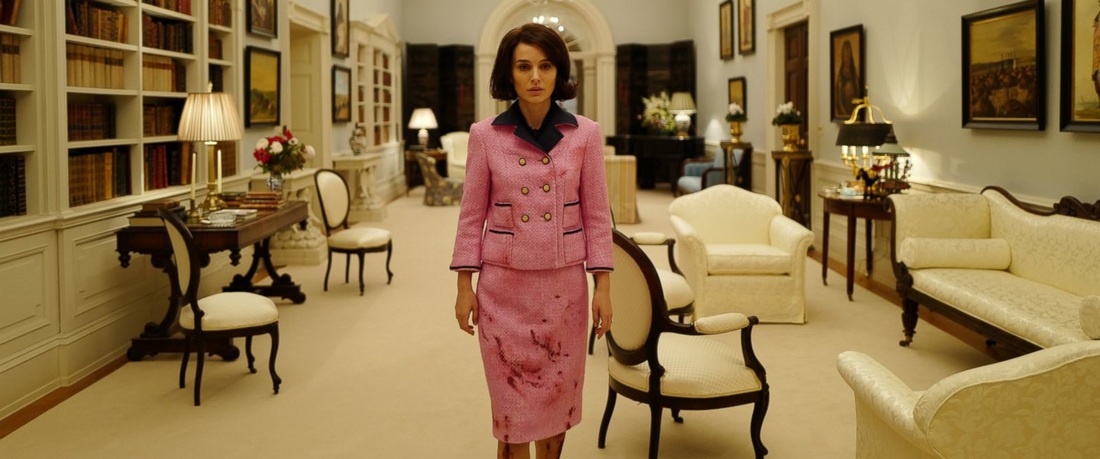
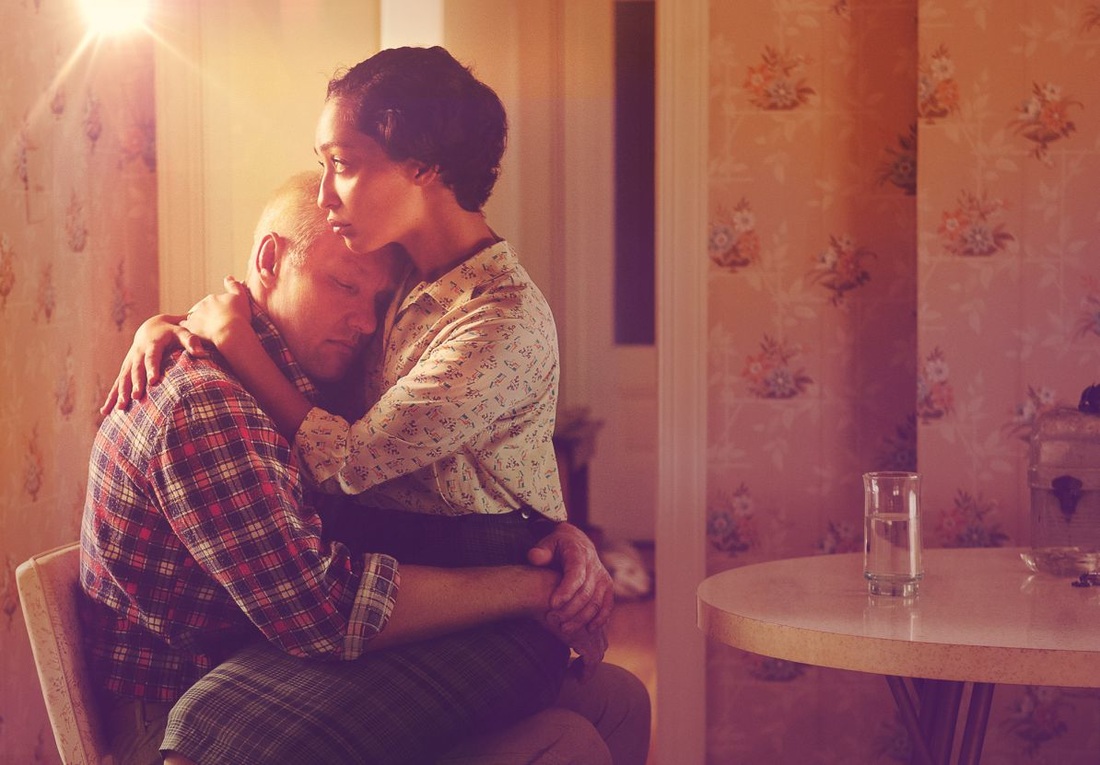
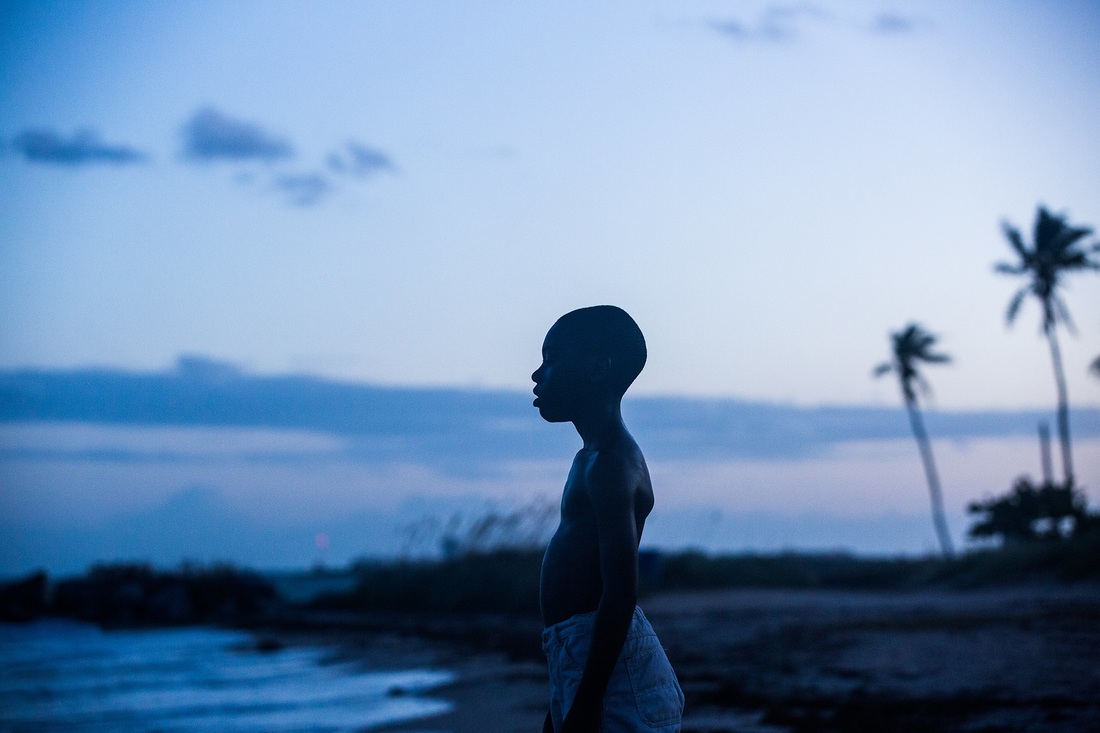
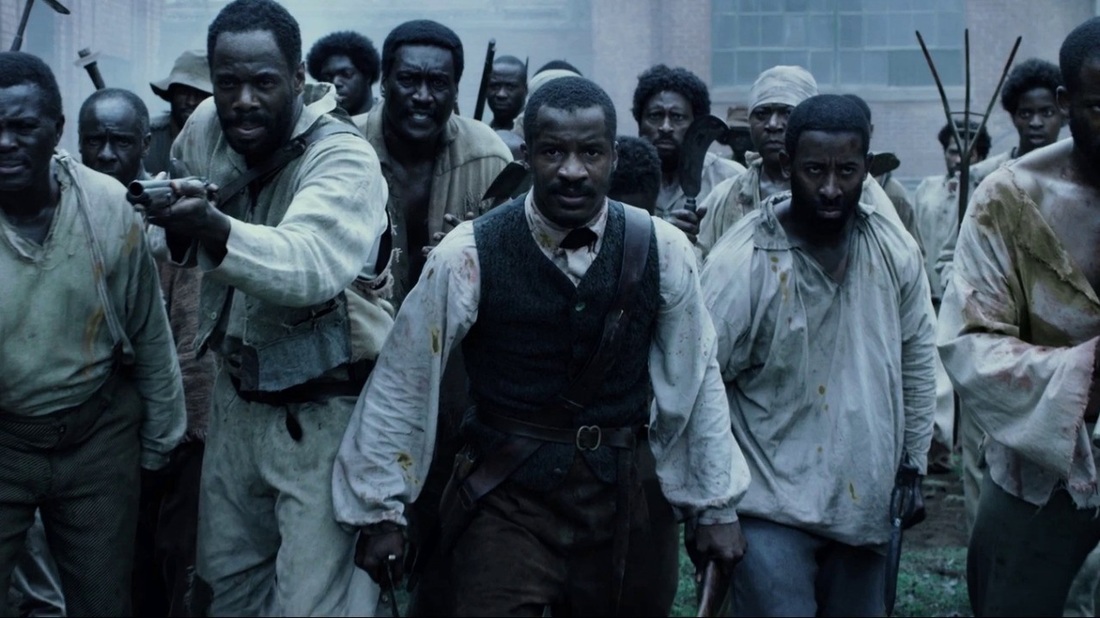
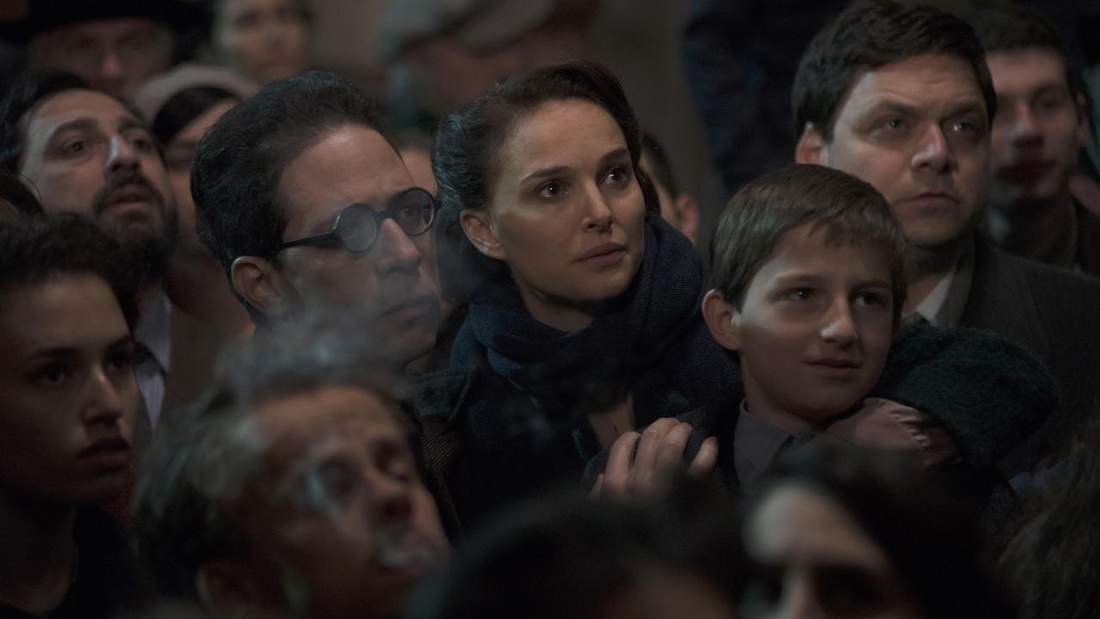
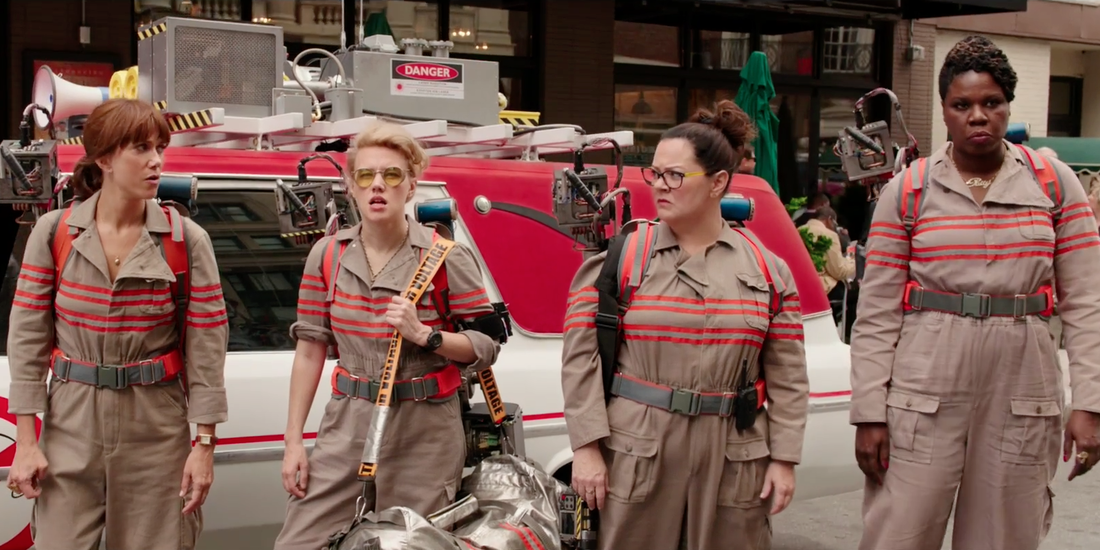

 RSS Feed
RSS Feed
